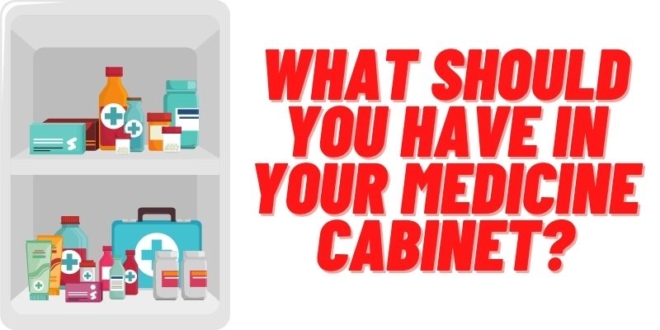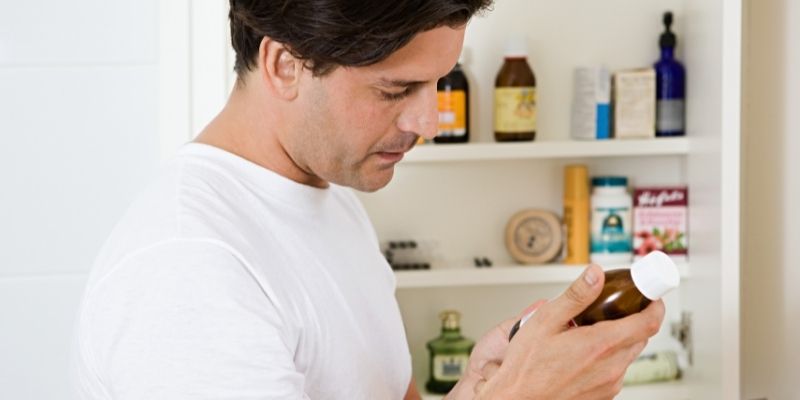It’s always a good idea to be prepared for anything, and that includes having a well-stocked medicine cabinet. Whether you have a cold or are treating a more serious injury, it’s important to have the necessary supplies on hand. Here is a shortlist of the items you should always keep in your medicine cabinet.
Aspirin/ Ibuprofen/ Tylenol
When treating minor aches and pain, these all-purpose pain relievers are the way to go. They’re generally considered safe for use in adults with no contraindications (i.e., medical conditions that prevent aspirin’s analgesic properties).
Be sure not to exceed the appropriate dosage, as overdosing can have negative health consequences.
Gauze
These sterile, soft cloth sheets are great for covering a wound and protecting it from germs as it heals. Sterile means that the gauze has been treated to minimize the risk of infection after being used on a wound or sore area. Gauze is often preferred to treat these types of injuries.
Gauze strips are great for small cuts and scrapes. A pack of gauze pads can also be used to clean a wound.
Antibiotic ointment
This is a must if you have a more serious cut, as it will help prevent infection from occurring.
If you don’t have any antibiotic ointment on hand, you also can use petroleum jelly or vitamin E oil to help prevent infection.
Bandages
These are essential for all good first aid cabinets. Bandages are used to cover wounds, protect them from dirt and germs, and ensure they heal properly. You’ll want to keep both adhesive bandages for smaller cuts and non-adhesive bandages for larger cuts on hand.
Saline solution
When you have a foreign object stuck in your eye, saline solution is the best way to remove it. You can also use saline solution to clean your contact lenses, but remember that you should always consult a doctor before doing this.
Tweezers
When you need to extract a splinter or foreign object from your skin, these pointed instruments are the way to go. You’ll want to clean them after using them and replace them once they start to dull.
Petroleum jelly
While you should avoid putting this product near your eyes, it can be used as a moisturizer and a lip balm to keep your skin looking healthy and feeling soft. This item is also helpful if you have chapped lips, dry cuticles, or an irritated nostril from a cold.
Rubbing alcohol
This has many uses and is a must-have for any home medicine cabinet. You can use it to sterilize surfaces, relieve pain from bee stings, and clean your computer keyboard. This item will need to be replaced often because bacteria will build up in the bottle if you don’t use it regularly.
Digital thermometer
You can check your temperature with a digital thermometer when you’re feeling sick or experiencing symptoms of a fever. However, you should never use a mercury-filled thermometer for this purpose; the liquid inside can break and release toxins into your body if it is exposed to extreme heat.
You also may want to get an automatic blood pressure monitor for people with diabetes, high blood pressure, or other conditions which require frequent monitoring.








